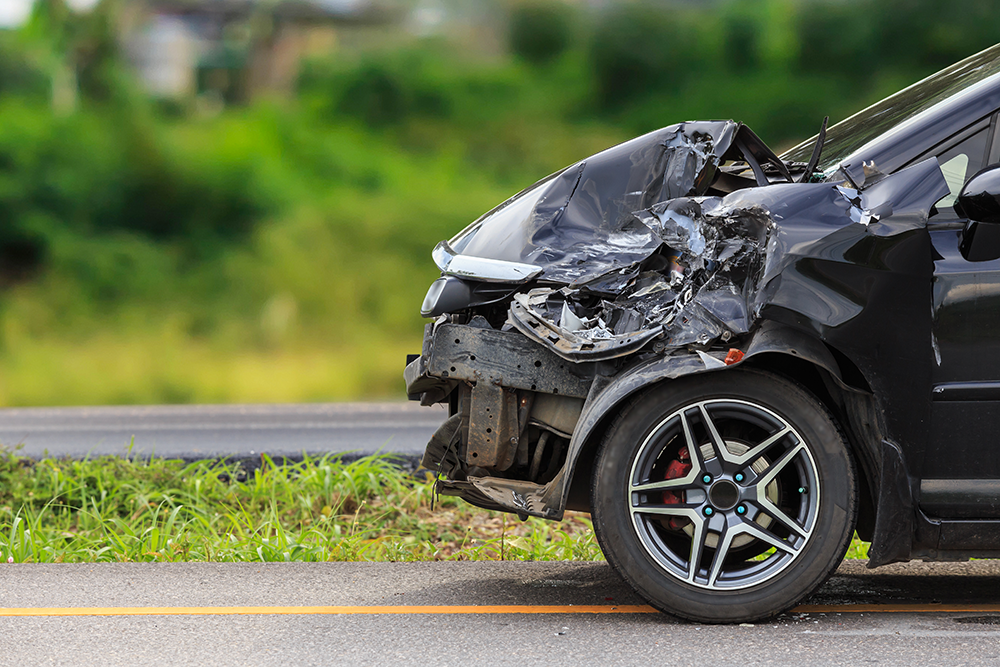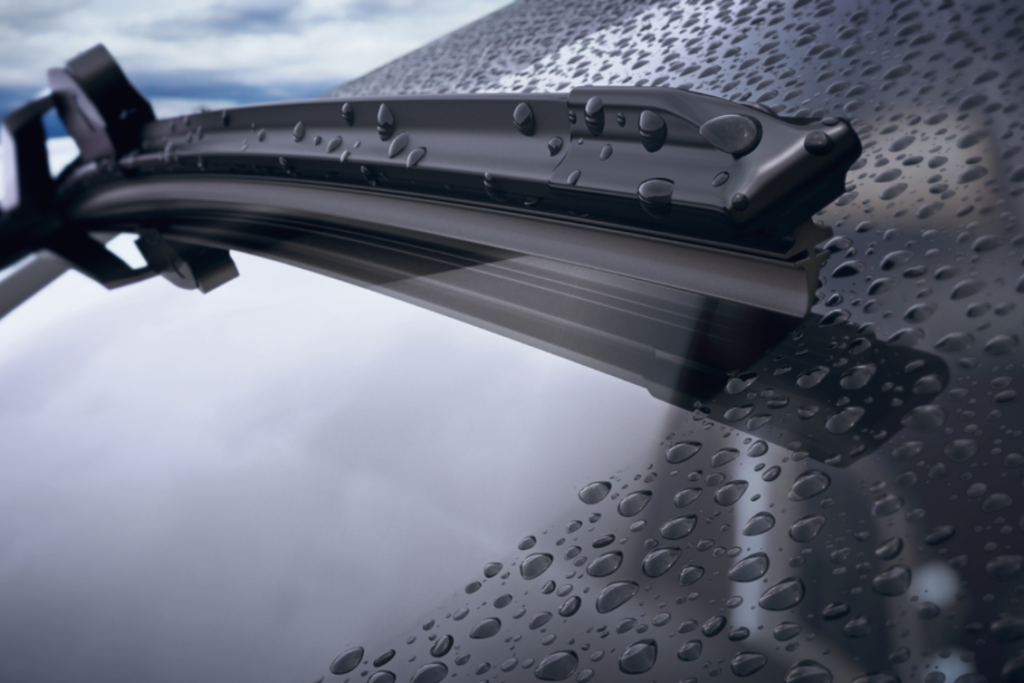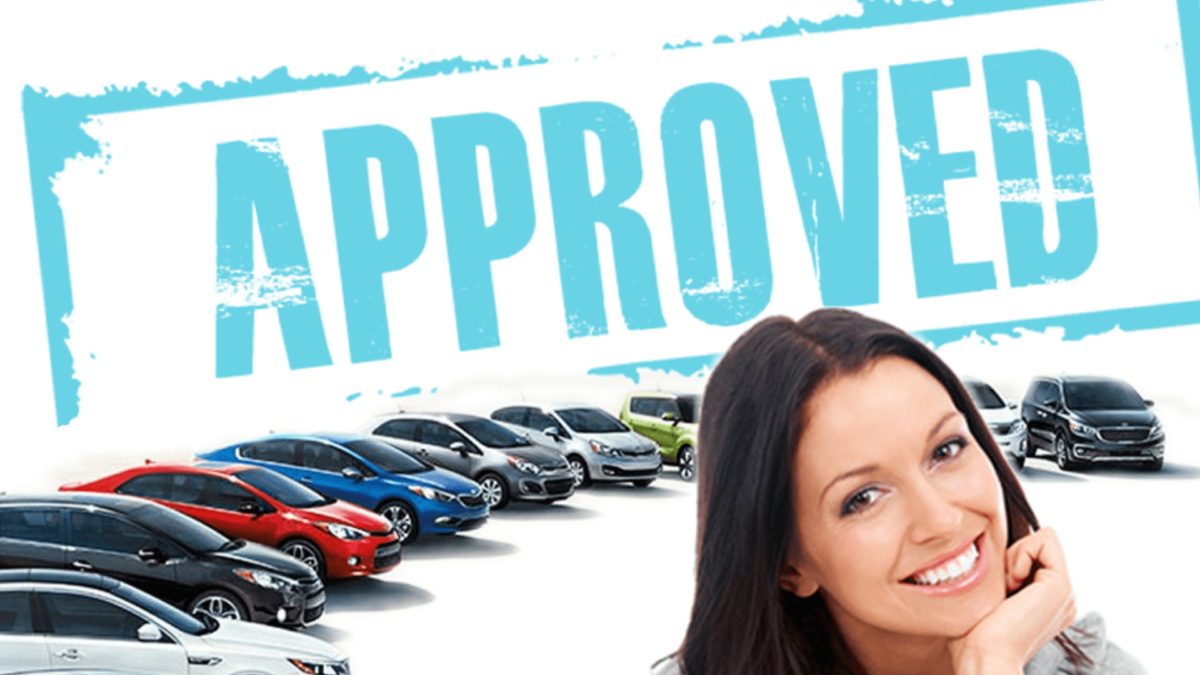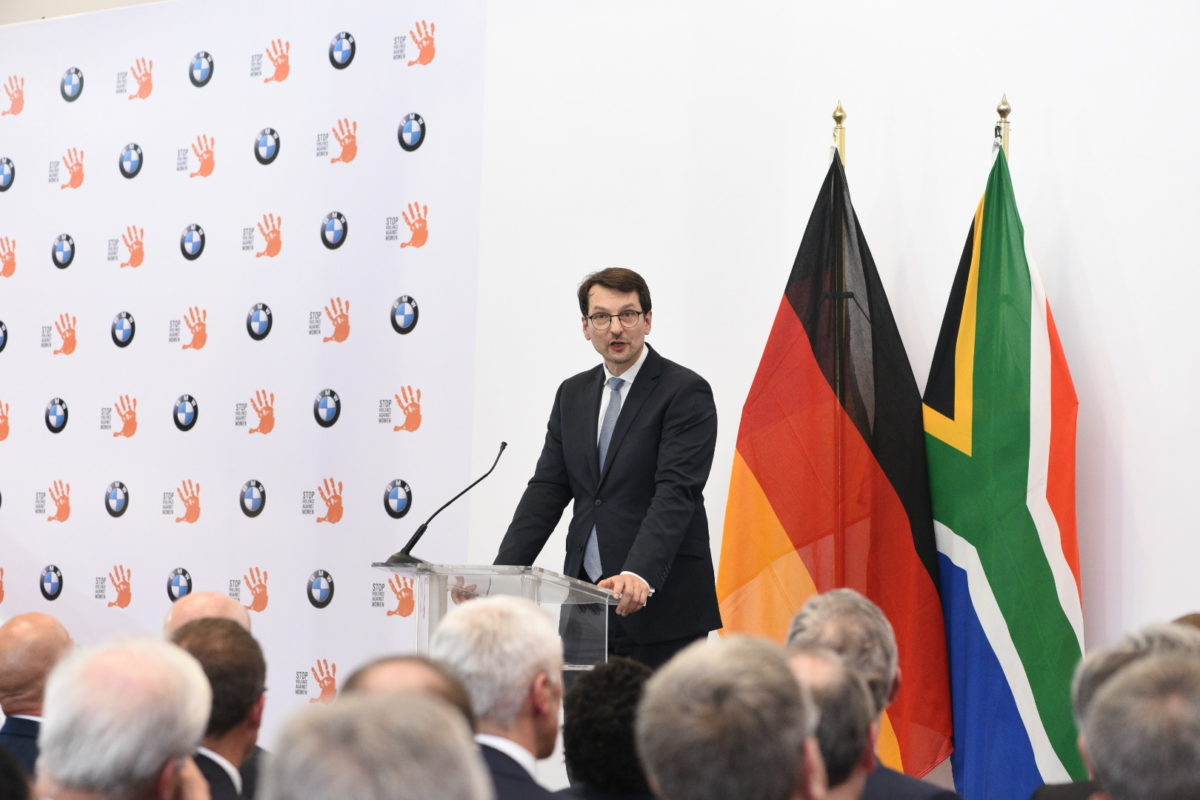Audi launches an affordable service plan for older vehicles
Audi has launched the AudiSmart Service plan, an affordable new service offering which is applicable to all Audi vehicles that are 6 to 13 years old (or within a maximum mileage threshold of 270 000 KM), and which fall out of the standard Audi Freeway Plan or Freeway Plan Extension. This progressive new plan includes cover for two years and/or 30 000 KM (whichever occurs first) and includes two minor oil change services at a significantly discounted price.
The AudiSmart Service offering allows older Audi models to continue being serviced
– Hassan Salie, Head of Aftersales and Dealer Development at Audi South Africa
AudiSmart Service ensures that only trained Audi technicians will maintain the vehicle, according to the highest standards of Vorsprung service excellence. Further to this, only genuine Audi parts, specialised Audi equipment and diagnostic tools will be used in servicing the car. The plan can also be topped up at any Audi Dealership in order to cover a major service need. As part of a value added service to this package, the AudiSmart Service plan also includes comprehensive roadside assistance (Audi Assist) as an added benefit.

“The AudiSmart Service offering allows older Audi models to continue being serviced or return their servicing history at a franchised Audi Dealership which prides itself in offering the best and most comprehensive care for an Audi, said Hassan Salie, Head of Aftersales and Dealer Development at Audi South Africa. “There are many, older Audi vehicles in the market which are not covered by the Audi Freeway Plan or Freeway Plan Extension. The AudiSmart Service plan thereby gives those drivers an affordable Audi servicing option based on experienced labour and brand assurance,” he added.
AudiSmart Service plans retail from R4,800 and are available at any Audi Dealership around South Africa. The newly launched plan is part of the Audi South Africa’s suite of service and maintenance options within the Audi Freeway Plan (5 years and/or 100 000 KM) and Freeway Plan Extension (10 years and/or 300 00 KM) portfolio. These products are all available to Audi drivers throughout their various ownership cycles.
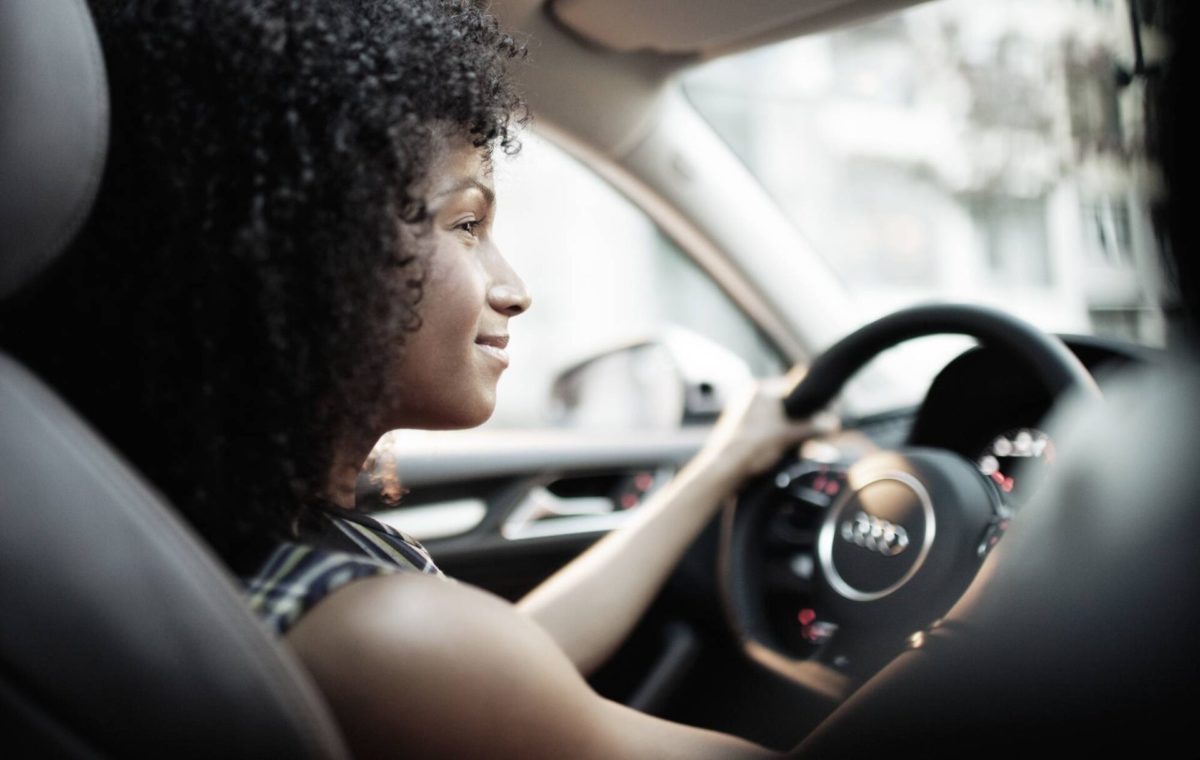
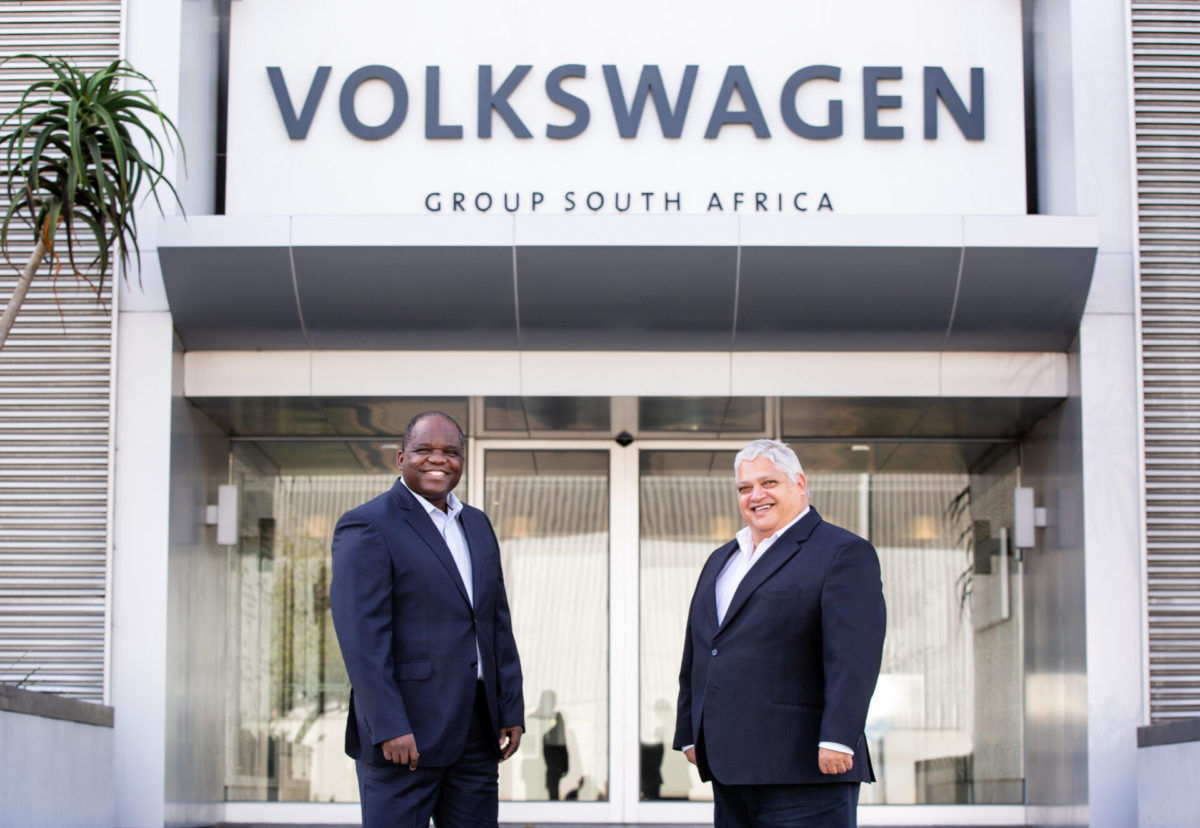
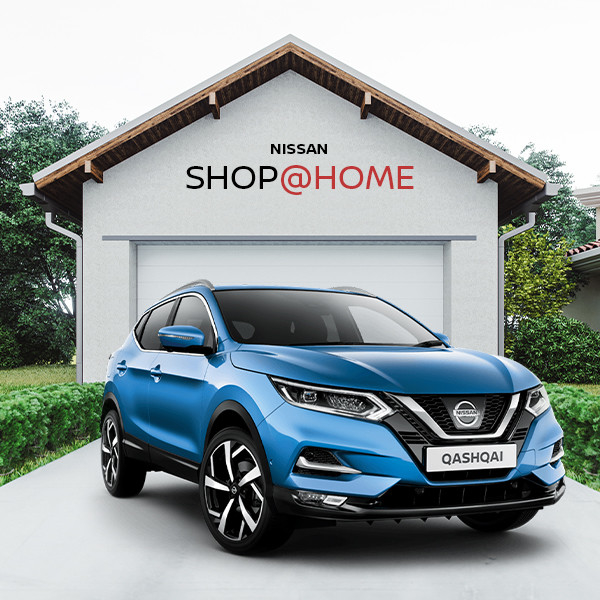
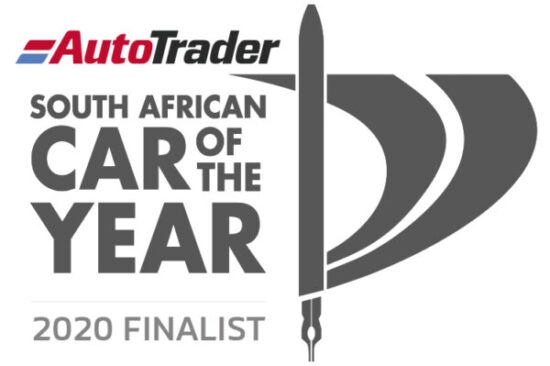
 Performance Car: Toyota GR Supra 3.0T
Performance Car: Toyota GR Supra 3.0T Performance Car: Toyota GR Supra 3.0T
Performance Car: Toyota GR Supra 3.0T URBAN CATEGORY WINNER: HYUNDAI ATOS 1.1 MOTION
URBAN CATEGORY WINNER: HYUNDAI ATOS 1.1 MOTION URBAN CATEGORY WINNER: HYUNDAI ATOS 1.1 MOTION
URBAN CATEGORY WINNER: HYUNDAI ATOS 1.1 MOTION




